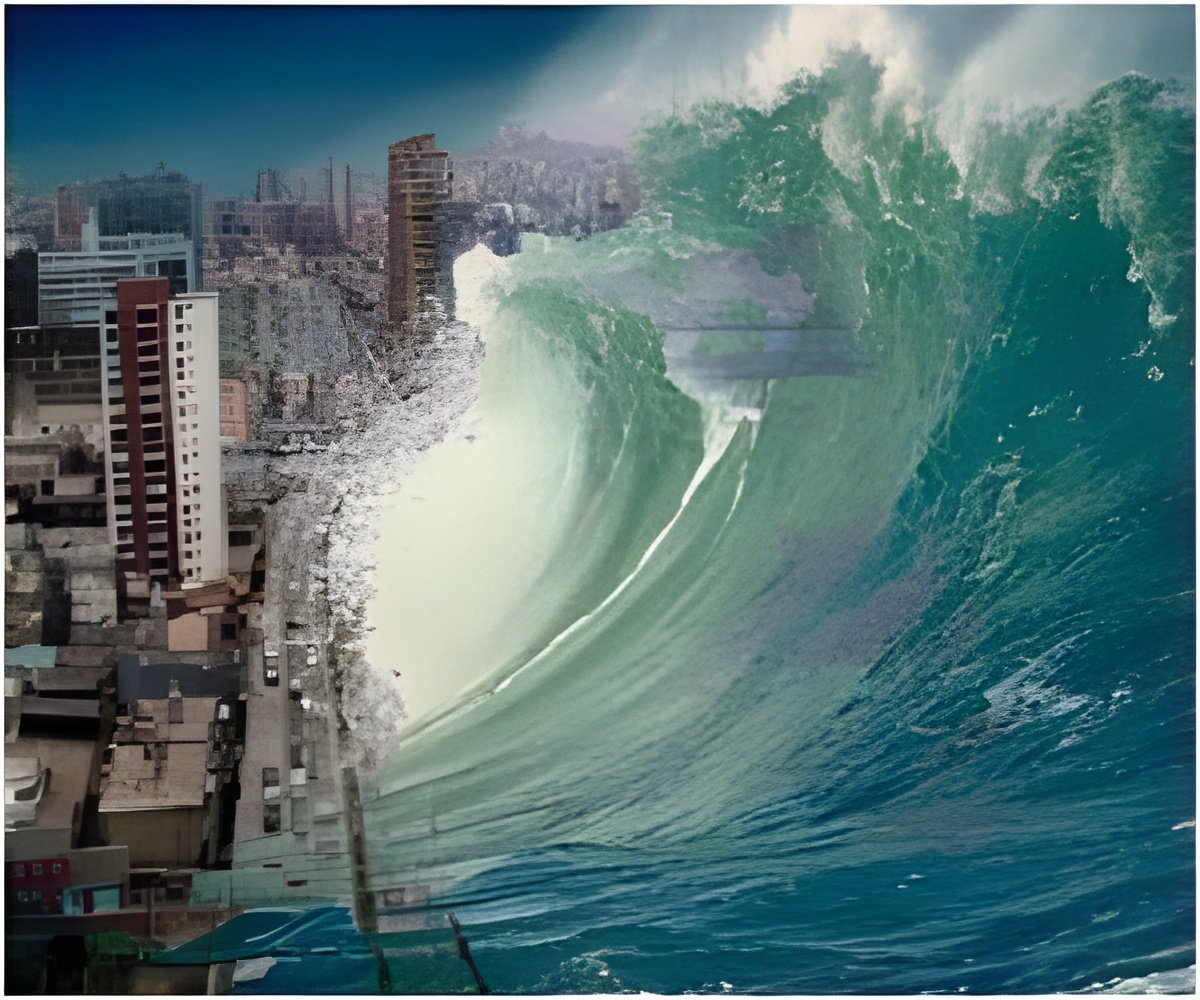Many survivors of the tsunami in Japan are victims of depression and recently scientists have found that high-tech fluffy seals which respond to human touch can help

"It's so cute. It coos when I rub it," said 10-year-old Kosei Oyama, "Because of the tsunami, we have fewer things to play with than before."
Tsuyako Kumagai, a 47-year-old housewife, said her friends in temporary houses are happy with Paro as a substitute for the pets that were swept away by the gigantic waves.
"Many of my neighbours don't want to have new pets because they don't want to remember," Kumagai said. "For them, pets used to be their family."
The seal robots have been made available to people living in temporary houses erected in a baseball stadium in the port town of Kesennuma, an area badly hit by the tsunami last March which killed 19,000 people on the coast.
For many, things now are a little better than they were, but a long way from perfect.
Advertisement
Onodera is now living with his mother in a prefabricated house and feels isolated from his community.
Advertisement
"So, it's great to have this kind of place, where we can be healed mentally," Onodera said, referring to a community building where the robot creatures are available for short-term loan.
The seal, which is equipped with tactile and audio sensors, has already been used in hospitals and nursing homes as a therapeutic aid for older people suffering from depression or dementia.
Organisers of the scheme are also offering other fixes to disaster victims, including workout robots and a prototype of a high-tech head massager, and even have a reception desk staffed by an android.
"It's important for residents to maintain communication," said Kazuhiro Kojima, a researcher at Advanced Industrial Science and Technology, a public research institution, which developed Paro.
A huge jump in the number of people suffering depression and mental health difficulties was recorded in the wake of the 1995 Kobe earthquake, with the loss of homes identified as a key cause of suffering.
According to the government, some 325,000 people are still living in temporary housing, mainly in northern Japan, nearly a year on from the devastating earthquake-tsunami.
Many lost their homes in the catastrophe, while others were forced from their villages by radiation that leaked from Fukushima Daiichi nuclear plant when its reactors went into meltdown.
Researchers say technological solutions can help lessen the mental impact of the disaster.
"We hope robots will provide residents here with an opportunity to rebuild their community," Kojima said. "Mental support will become a very important issue here. I hope robots can help."
Source-AFP














